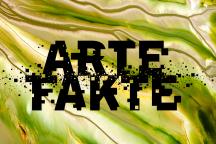Address
Invalidenstr. 43 · 10115 Berlin
museumfuernaturkunde.berlin
Opening Hours
Tuesday – Friday
9.30 – 18.00 hrs
Weekend and Public Holiday
10.00 – 18.00 hrs
Museum für Naturkunde Leibniz-Institut für Evolutions- und Biodiversitätsforschung
Cookies
